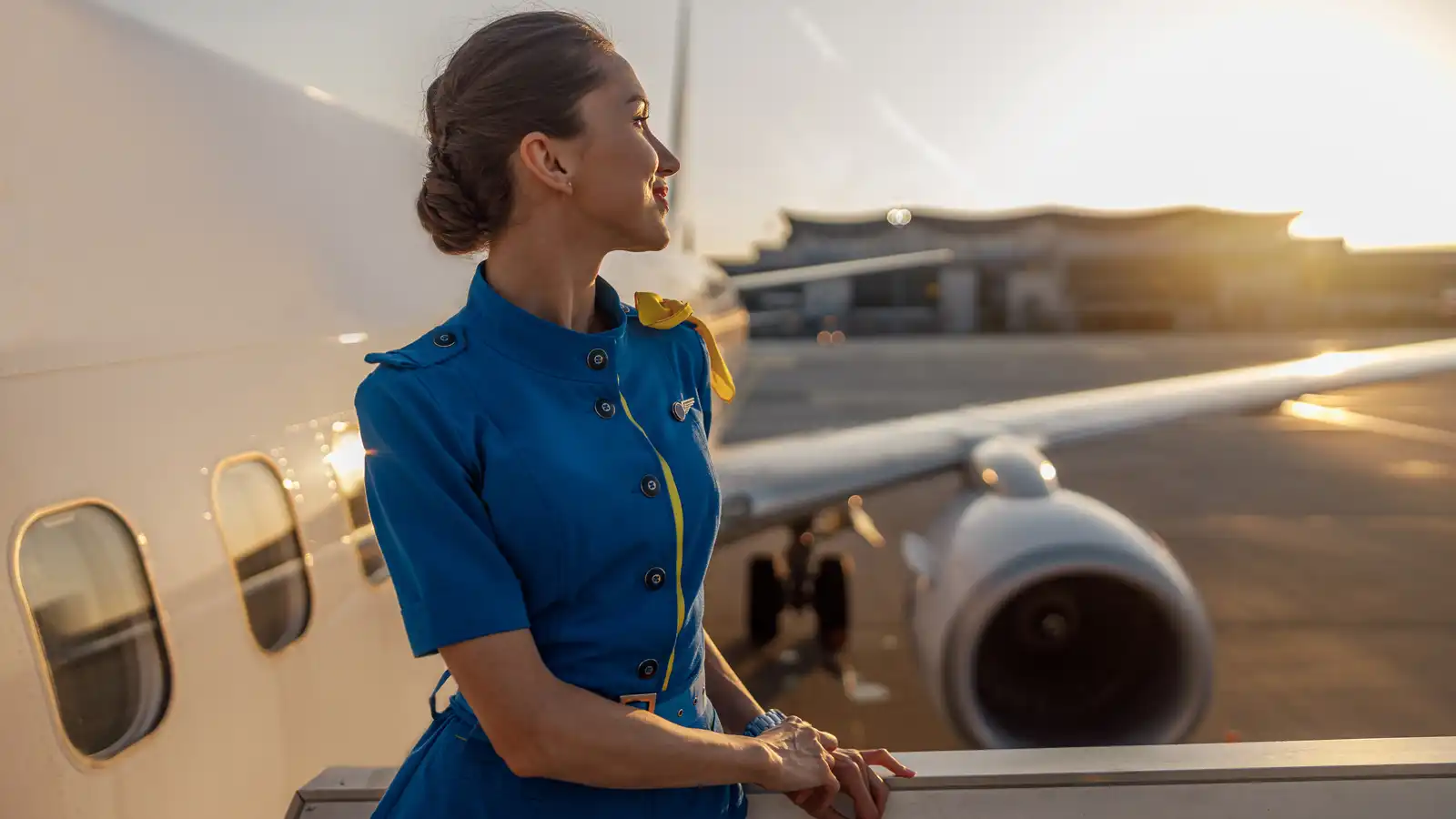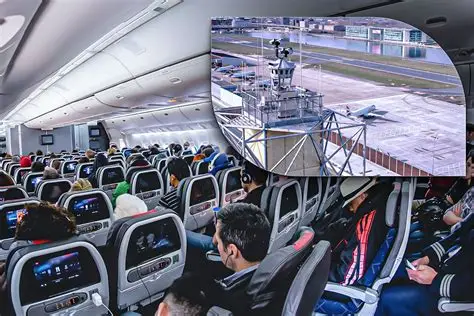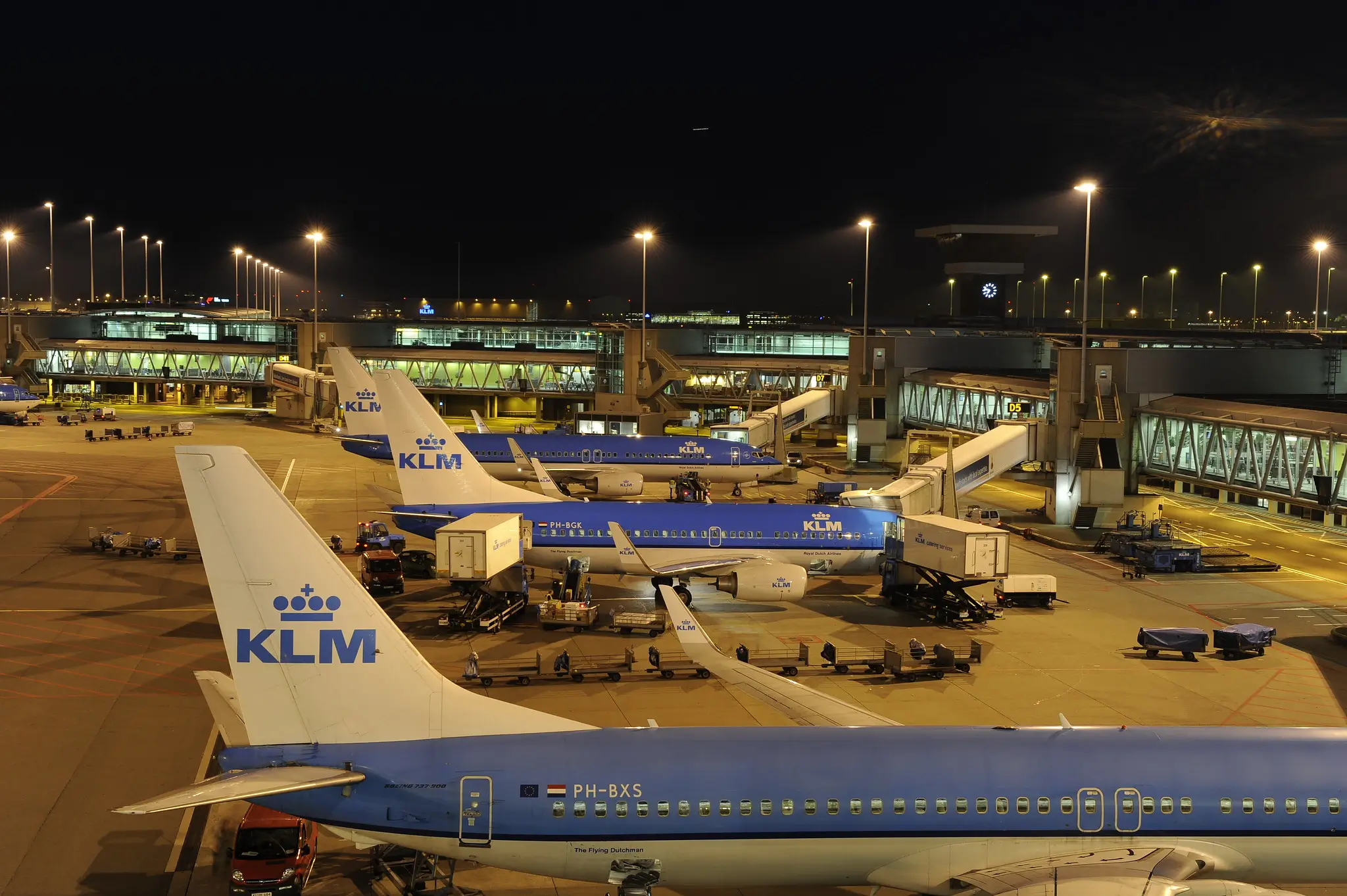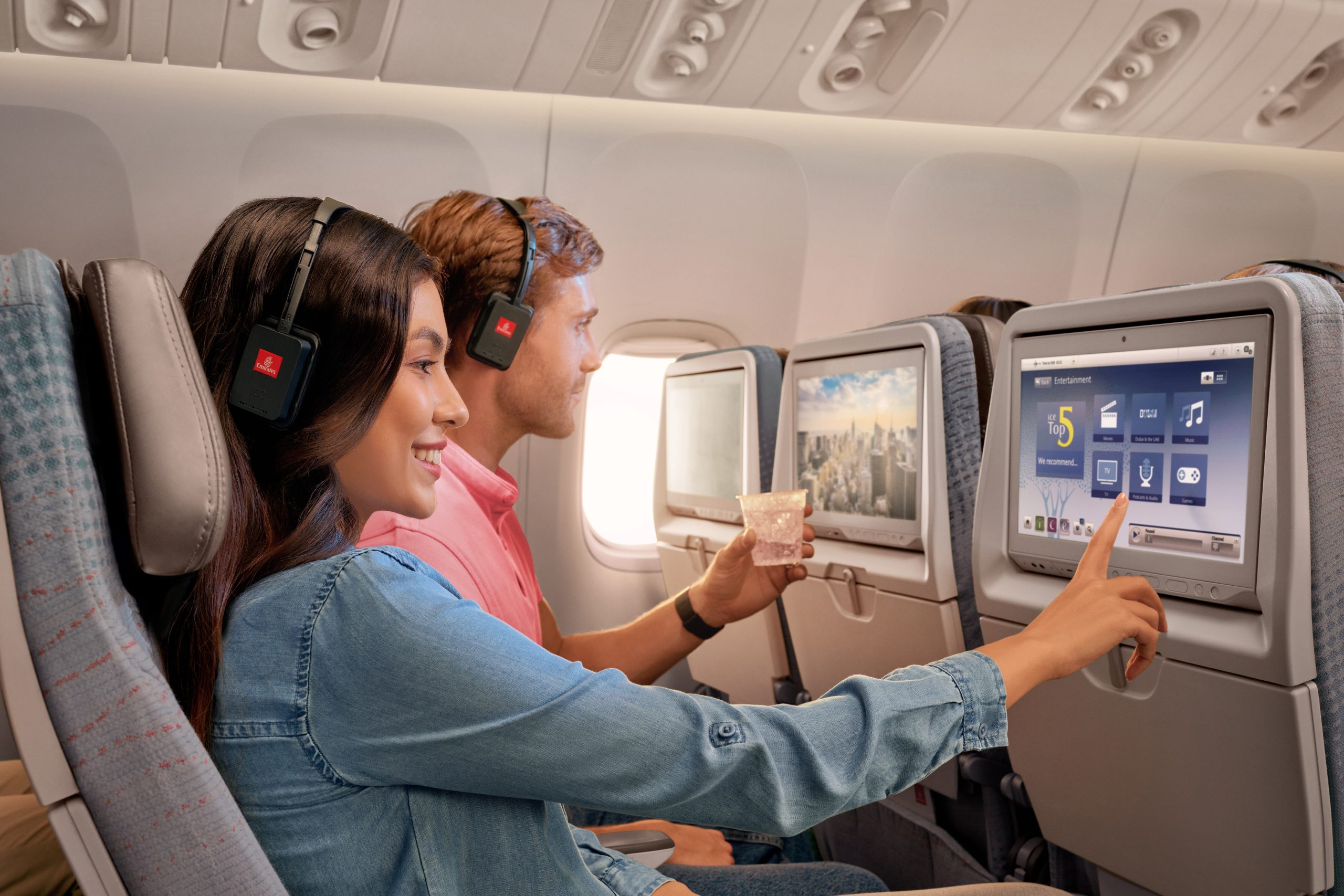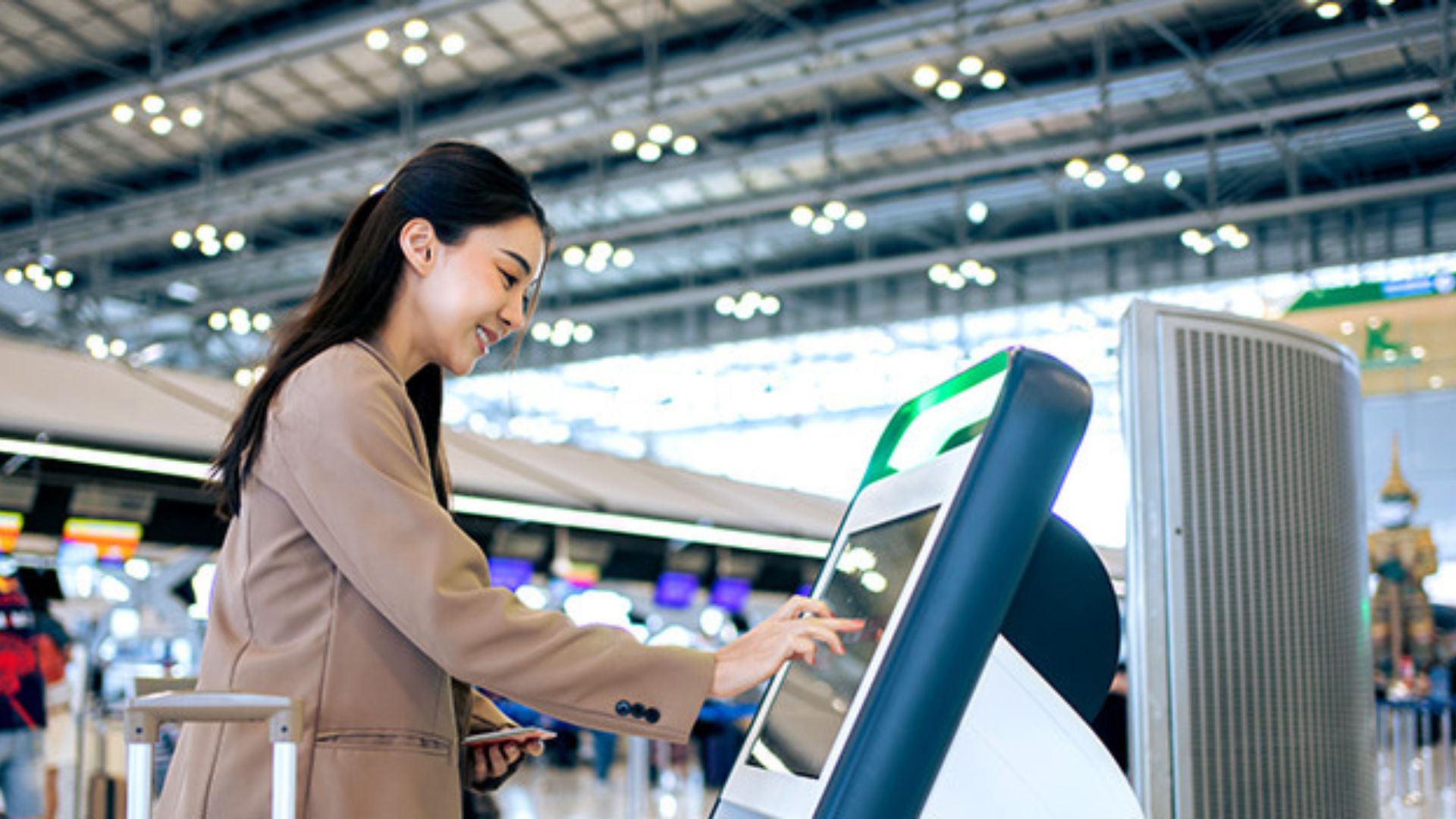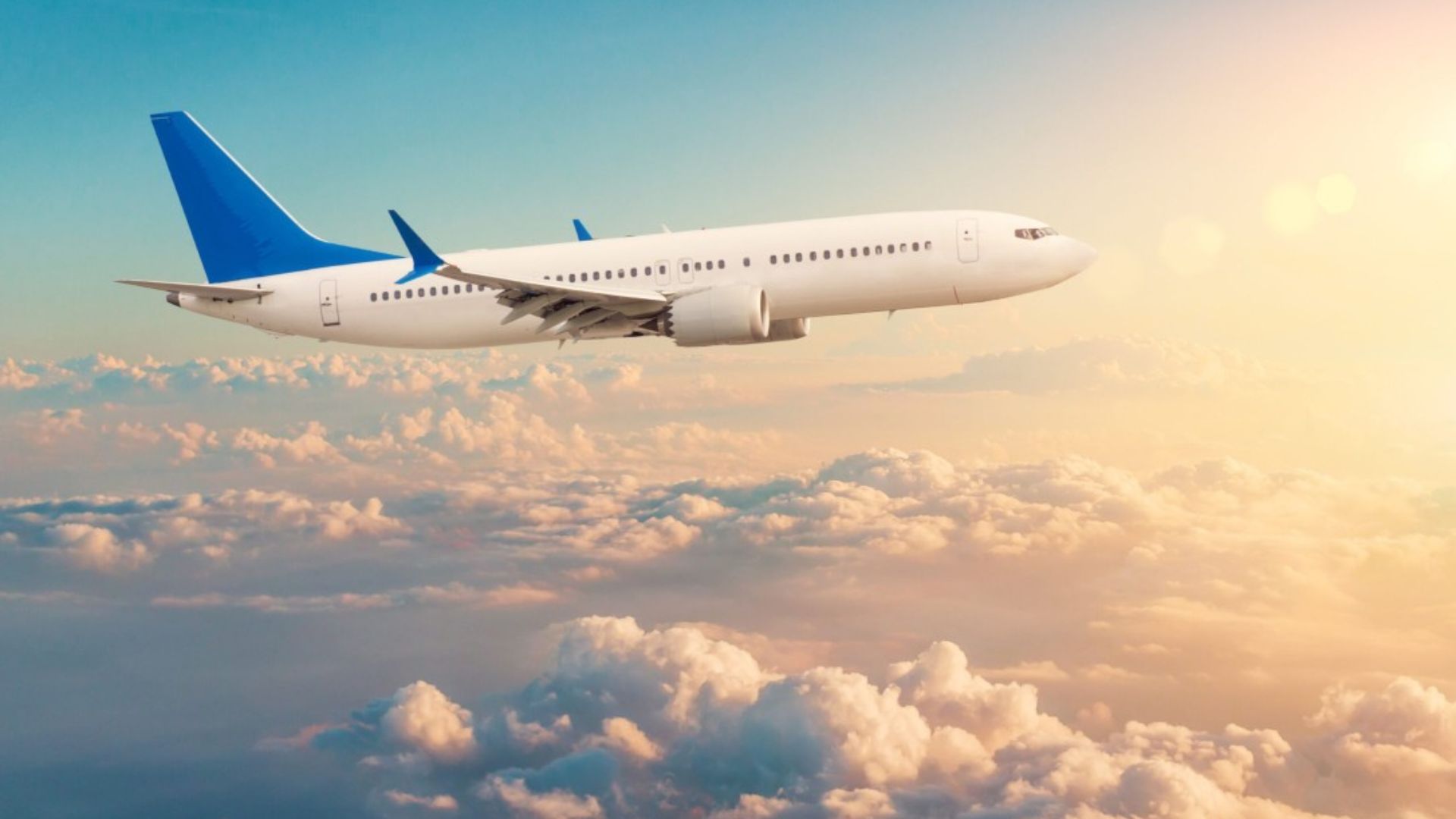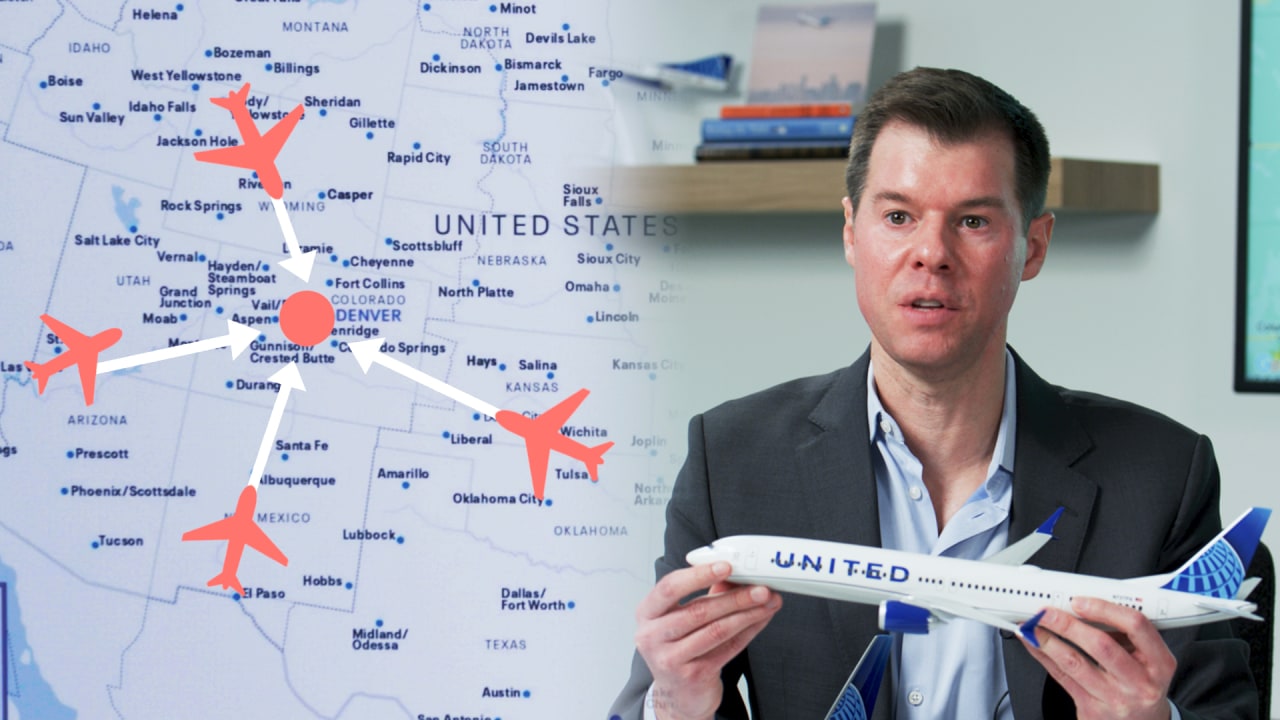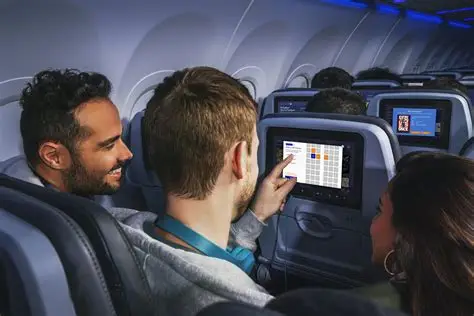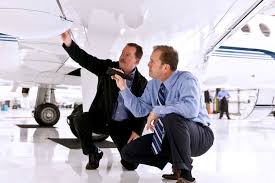
Training elevates flight service professionalism
Air travel is a complex experience, and the quality of service passengers receive can define an airline’s reputation. Training elevates flight service professionalism by equipping cabin crew and ground staff with the skills needed to handle every aspect of a journey efficiently and courteously. Properly trained staff ensure safety, comfort, and satisfaction, leaving passengers with a positive and memorable travel experience.
The Importance of Professional Training
Flight service professionalism begins with thorough training. Airlines invest in programs that cover safety procedures, communication skills, problem-solving, and customer service etiquette. This ensures that every staff member, from check-in agents to cabin crew, is prepared to meet passenger needs. Training also emphasizes teamwork, helping staff coordinate seamlessly for smooth operations.
Example:
A new cabin crew member undergoes training on emergency procedures, first aid, and handling special needs passengers, ensuring they can respond confidently in any situation.
Enhancing Passenger Experience
Well-trained staff contribute directly to a positive passenger experience. They anticipate needs, address concerns promptly, and provide personalized service. From helping with seating arrangements to offering dietary-specific meals, professional staff make passengers feel valued and cared for throughout the flight.
Example:
During a long-haul flight, cabin crew who remember frequent passengers’ preferences or respond promptly to requests create a more comfortable and enjoyable journey.
Safety and Compliance
Safety is the cornerstone of aviation. Training ensures staff are knowledgeable about safety protocols, emergency procedures, and regulatory compliance. Cabin crew learn how to handle turbulence, medical emergencies, and equipment malfunctions, while ground staff are trained to manage baggage handling and boarding safely. These skills reduce risks and reinforce passenger trust in the airline.
Example:
A cabin crew member efficiently handles a passenger experiencing motion sickness, providing both reassurance and proper care, ensuring the passenger’s comfort and safety.
Professionalism During Challenges
Travel can be unpredictable, and professional staff are essential in managing challenges gracefully. Training equips staff to handle delays, seating issues, or unhappy passengers calmly and effectively. Professionalism in difficult situations prevents negative experiences from escalating and demonstrates the airline’s commitment to quality service.
Example:
If a flight is delayed due to weather, trained staff communicate clearly with passengers, provide updates, and offer assistance, turning a stressful situation into a manageable experience.
Benefits of Staff Training in Flight Services
-
Enhanced Passenger Satisfaction: Skilled staff provide smooth, attentive service.
-
Safety Assurance: Proper training ensures adherence to safety protocols.
-
Brand Reputation: Professionalism builds trust and encourages repeat business.
-
Operational Efficiency: Well-trained staff handle processes more effectively.
-
Employee Confidence: Training empowers staff to perform their duties competently and confidently.
Continuous Learning and Improvement
Professionalism is maintained through continuous learning. Airlines regularly update training programs to include new safety regulations, technology, and customer service practices. Continuous improvement ensures staff remain skilled and adaptable to evolving passenger needs and operational challenges.
Example:
A cabin crew training program is update to include new in-flight entertainment technology, ensuring staff can assist passengers efficiently and enhance their travel experience.
Conclusion
Training elevates flight service professionalism, ensuring that every staff member is ready to provide safe, efficient, and attentive service. From enhancing passenger comfort and satisfaction to handling emergencies and operational challenges, professional training is the foundation of a successful airline. Airlines that prioritize continuous training not only improve the passenger experience but also strengthen their reputation, loyalty, and long-term success in a competitive industry.

